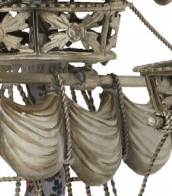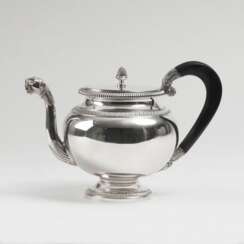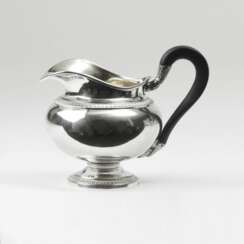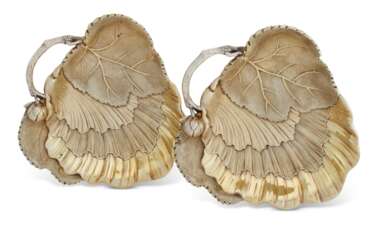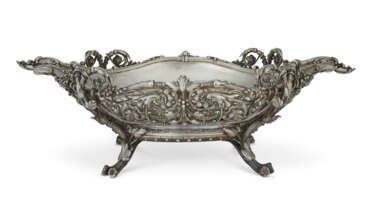шарль-николя одио (1789 - 1868)
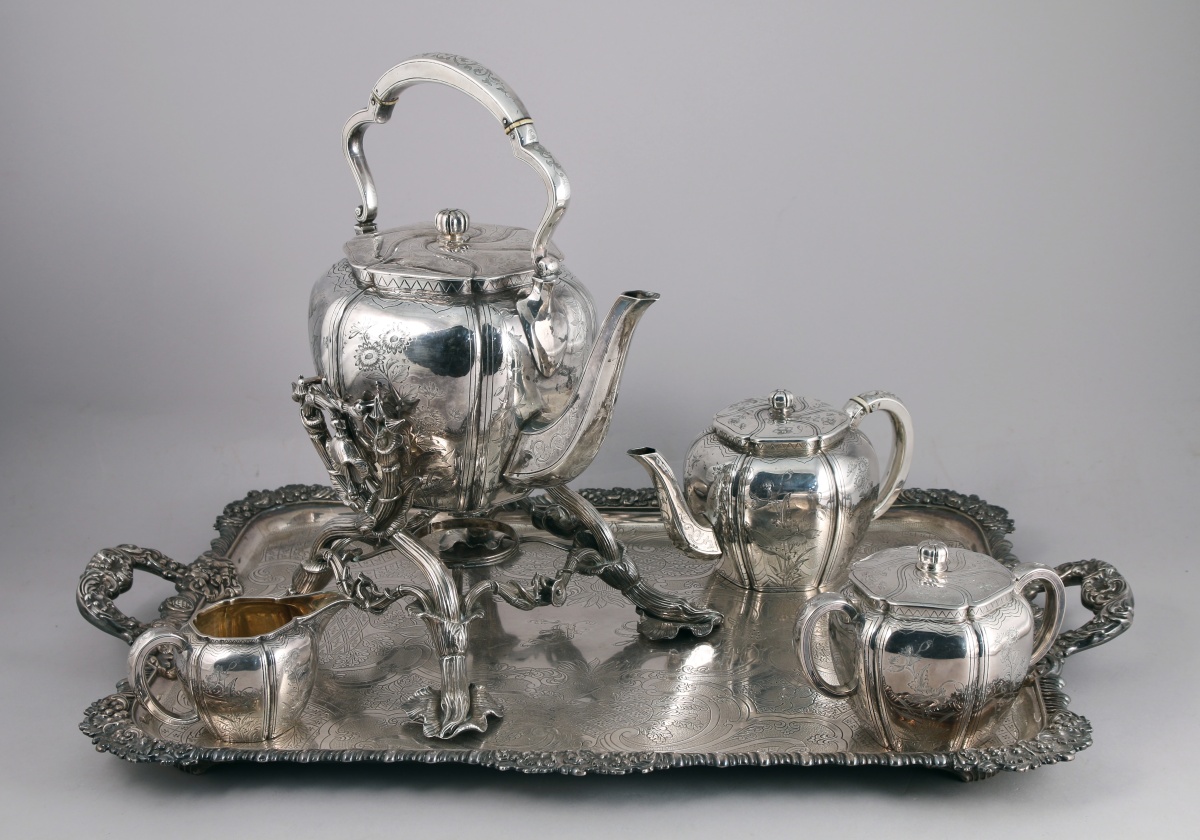
Charles-Nicolas Odiot was the outstanding French silversmith of his generation; the son of Napoleon's silversmith, Jean-Baptiste-Claude Odiot, he inherited the direction of the extensive family workshops in 1827, as techniques of factory production were extended in the trade. He excelled in the revived Rococo style, and became the purveyor by appointment to Louis-Philippe of France and to other members of the family of Orléans.
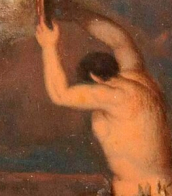

Charles-Nicolas Odiot was the outstanding French silversmith of his generation; the son of Napoleon's silversmith, Jean-Baptiste-Claude Odiot, he inherited the direction of the extensive family workshops in 1827, as techniques of factory production were extended in the trade. He excelled in the revived Rococo style, and became the purveyor by appointment to Louis-Philippe of France and to other members of the family of Orléans.


Charles-Nicolas Odiot was the outstanding French silversmith of his generation; the son of Napoleon's silversmith, Jean-Baptiste-Claude Odiot, he inherited the direction of the extensive family workshops in 1827, as techniques of factory production were extended in the trade. He excelled in the revived Rococo style, and became the purveyor by appointment to Louis-Philippe of France and to other members of the family of Orléans.


Charles-Nicolas Odiot was the outstanding French silversmith of his generation; the son of Napoleon's silversmith, Jean-Baptiste-Claude Odiot, he inherited the direction of the extensive family workshops in 1827, as techniques of factory production were extended in the trade. He excelled in the revived Rococo style, and became the purveyor by appointment to Louis-Philippe of France and to other members of the family of Orléans.
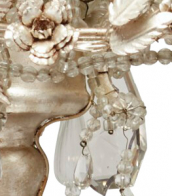

Charles-Nicolas Odiot was the outstanding French silversmith of his generation; the son of Napoleon's silversmith, Jean-Baptiste-Claude Odiot, he inherited the direction of the extensive family workshops in 1827, as techniques of factory production were extended in the trade. He excelled in the revived Rococo style, and became the purveyor by appointment to Louis-Philippe of France and to other members of the family of Orléans.


Charles-Nicolas Odiot was the outstanding French silversmith of his generation; the son of Napoleon's silversmith, Jean-Baptiste-Claude Odiot, he inherited the direction of the extensive family workshops in 1827, as techniques of factory production were extended in the trade. He excelled in the revived Rococo style, and became the purveyor by appointment to Louis-Philippe of France and to other members of the family of Orléans.


Charles-Nicolas Odiot was the outstanding French silversmith of his generation; the son of Napoleon's silversmith, Jean-Baptiste-Claude Odiot, he inherited the direction of the extensive family workshops in 1827, as techniques of factory production were extended in the trade. He excelled in the revived Rococo style, and became the purveyor by appointment to Louis-Philippe of France and to other members of the family of Orléans.
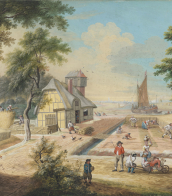

Charles-Nicolas Odiot was the outstanding French silversmith of his generation; the son of Napoleon's silversmith, Jean-Baptiste-Claude Odiot, he inherited the direction of the extensive family workshops in 1827, as techniques of factory production were extended in the trade. He excelled in the revived Rococo style, and became the purveyor by appointment to Louis-Philippe of France and to other members of the family of Orléans.
